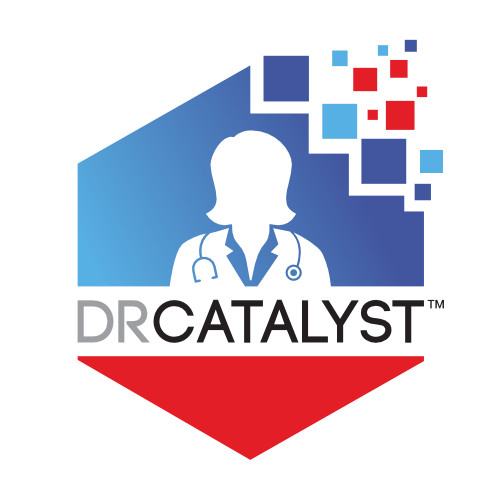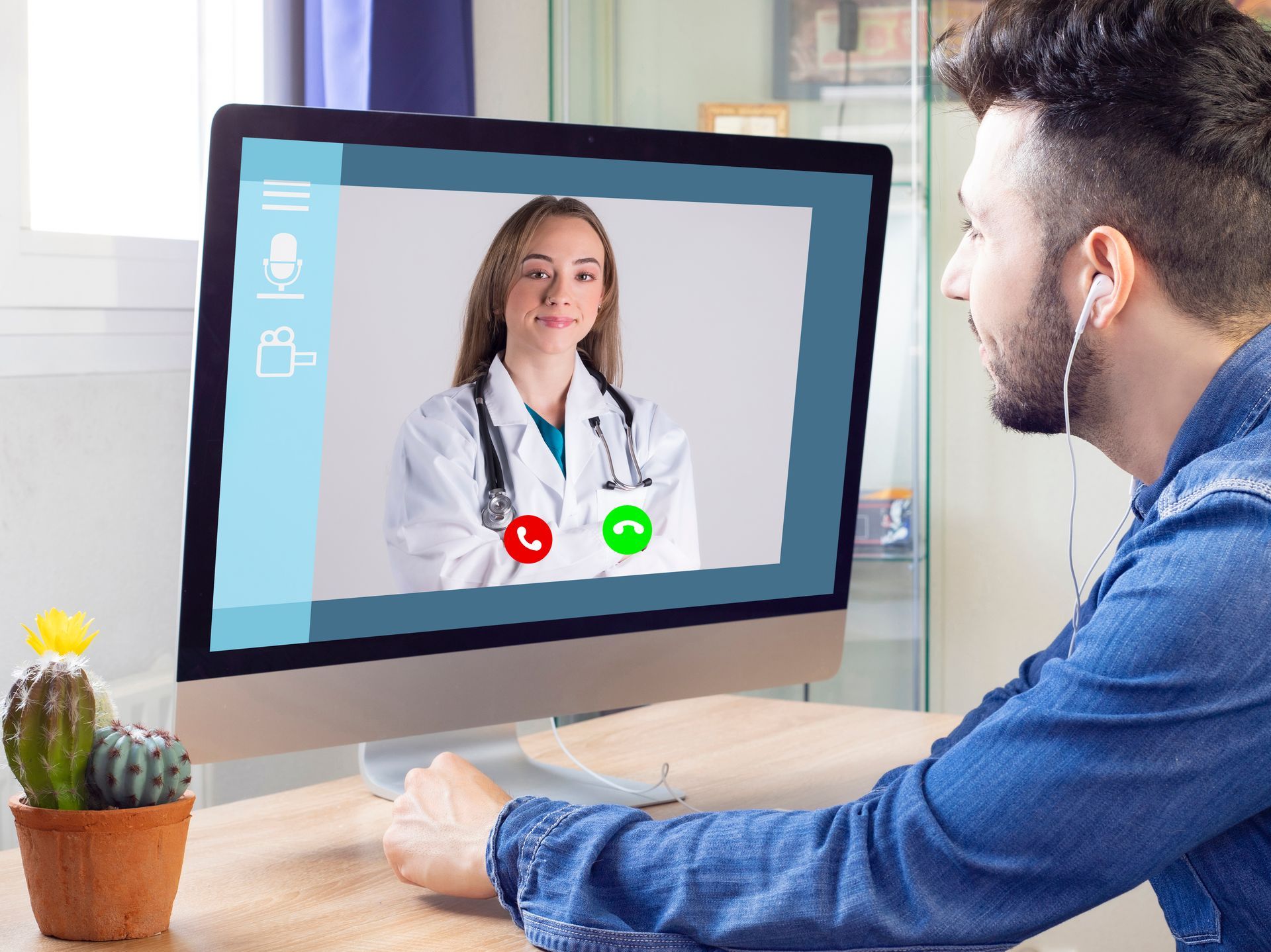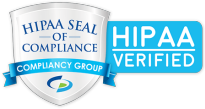Remote Medical Billing: HIPAA Compliance Guide
What is HIPAA Compliance?
HIPAA Compliance refers to the adherence to the physical, administrative, and technical safeguards of the Health Insurance Portability and Accountability Act of 1996. It upholds federal regulations by setting standards to protect the Protected Health Information or PHI’s integrity, guarding the patients' personal information. The Office of Civil Rights (OCR) of the Department of Health and Human Services (HHS) regulates HIPAA. However, a State Attorney General can strictly enforce it too. HIPAA aims to allow individuals to maintain their health insurance between jobs and ensure the security and confidentiality of everyone's personal information and healthcare data. It also covers the total security of electronic transmission and storage of data on patient health information.
There is a considerable risk of data leak or unauthorized view on confidential documents due to the shift to electronic versions of data storage from the former use of physical and paper-based records. Thus, HIPAA becomes a vital part of legislation that ensures healthcare providers, remote medical services providers, and remote billing services implement a vast number of safeguards that protect their patients' privacy.
Why is HIPAA so Important in Remote Medical Billing?
Remote Medical Billing companies have access to a patient's medical and billing information. Thus, HIPAA legally protects that information. A HIPAA-compliant medical billing company needs to commit a massive amount of resources to invest in software and hardware to ensure total security. However, compliance of the company invigorates the confidence and trust of their service. They give assurance to the public and their partnered practices that the company is fully committed to protecting their patients' privacy and confidentiality.
Remote Medical Billing HIPAA Compliance Checklist
This checklist will summarize the must-haves according to HIPAA’s four significant amendments:
- HIPAA Security Rule Amendment of 2003
The HIPAA Security Rule lists the security standards for the protection of electronically protected health information. It identifies the requirements for the security of electronic patient health information. It consists of 3 categories of safeguards:
- Technical Safeguards:
It involves IT-related security practices of the company to protect ePHI. It states that HIPAA requires the remote medical billing company to encrypt data in three phases: rest, in transit, and storage. IT security practices should be strictly enforced, such as:
- Network and hard drives encryption
- Unique Log-Ins for Controlled access
- 2-factor Authentication Method for all systems with ePHI
- Encrypt company devices
- Control activity audits
- Set automatic timeouts and logoffs in systems
- Physical Safeguards:
These safeguards involve the company’s way of handling physical systems and equipment that contain PHI. Devices like servers and computers should be in a secure location. All offices that handle PHI should have security cameras, backup power, and fire alarm systems. It also recommends detailed access logs of personnel that enter secure onsite spaces in order to properly monitor those who view PHI. Physical Safeguards also include the following:
- Facility Access Control
- Workstation Management
- Mandatory Mobile Device Policy
- Track servers
- Administrative Safeguards
Administrative safeguards require remote medical billing companies to document the issued activities for their HIPAA compliance. The documented activities may include:
- Security Officer Designation
- Staff Members training
- Risk Assessment Completion
- Systematic Risk Management
- Security Policies and Procedures Implementation
- Disaster Recovery Plan Implementation
- Contingency Plans
- HIPAA Privacy Rule Amendment of 2003
The Privacy Rule is in place to ensure the protection of Patient Health Information (PHI). You can also call it the Standards for Privacy of Individually Identifiable Health Information. It requires the remote billing company to:
- Respond promptly patient access requests
- Inform patients and subscribers of data sharing policies.
- Authorized Personnel’s and Staff’s Privacy Training
- Set strict guidelines that maintain the integrity of ePHI and the individual personal identifiers of patients
- Get authority – get permission from the patient to use redacted ePHI for research, fundraising, or marketing. (Mandatory)
- Update your authorization forms
- HIPAA Breach Notification Rule Amendment of 2009
The Breach Notification Rule requires a covered entity to notify affected/authorized individuals in the event of a protected health data breach. It requires remote medical billing companies to:
- Know the notification process of breach of ePHI
- Check twice for four elements:
- A description of the ePHI and personal identifiers involved
- Who gained unauthorized access to PHI or related information
- Information if it was seen or taken
- The degree to which risk mitigation has succeeded
- HIPAA Final Omnibus Rule Amendment of 2013
The HIPAA Omnibus rule states the additional requirements for remote medical billing companies and other healthcare organizations for HIPAA compliance. It requires them to:
- Refresh your Business Associate Agreements
- Send new BAA copies
- Refresh your privacy policies
- Update the Notice of Privacy Practices
- Finalize your staff with a thorough training
The Benefits of HIPAA Compliance
It is important to note that HIPAA-compliance is not a choice but a requirement. The main benefit of becoming HIPAA-compliant is that it is the only way to avoid multi-million-dollar fines.
There are significant fines for companies that suffered or will suffer data breaches for their failure to implement the appropriate and effective safeguards to protect data. There are also penalties for non-compliance despite no data breach. They will not only face the fines from the Office for Civil Rights and State Attorneys General. Companies shall also face the costs of issuing breach notifications and damage mitigation that can run into millions of dollars and additional legal fees from lawsuits. HIPAA can then help the covered companies prevent data breaches and restrict the damage caused when a breach occurs. HIPAA can also do the following:
- Ensure that healthcare data cannot be lost or get accidentally deleted
- Improves efficiency of a company
- Improves access to healthcare information
- Streamlines the provision of medical services
- Allows organizations to qualify for Meaningful Use financial incentives
- Improves patient confidence and trust
What's the Best Remote Medical Billing Company?
DrCatalyst is the best remote medical billing company. It is the right partner for any and every practice thereof. It helps practices focus less on operations and more on inpatient care. We have remote medical billing staff and services too that are experts on operational, administrative, clinical, marketing, CCM services down to diminishing billing errors leading to healthier revenue and higher ROI. Schedule a free consultation today!
Useful Links
DrCatalyst | All Rights Reserved.














